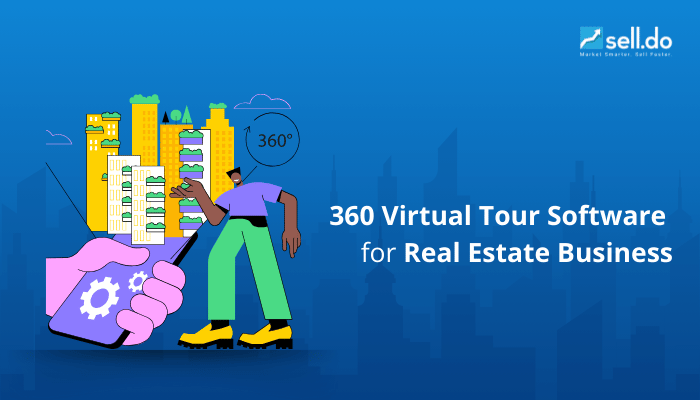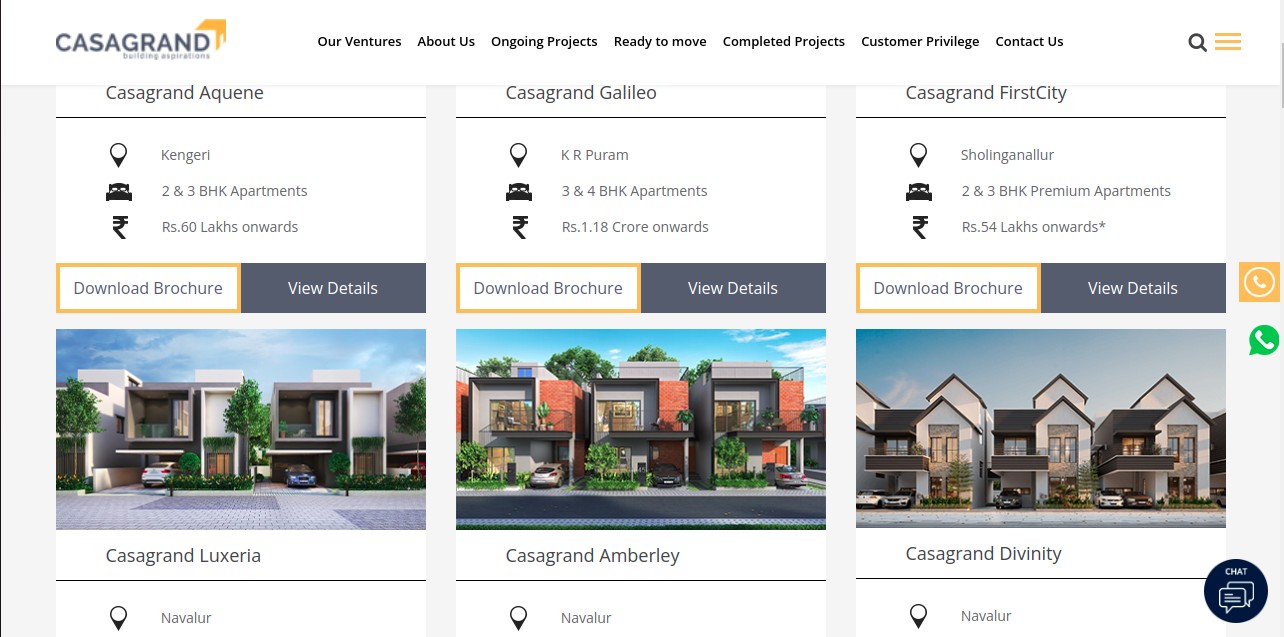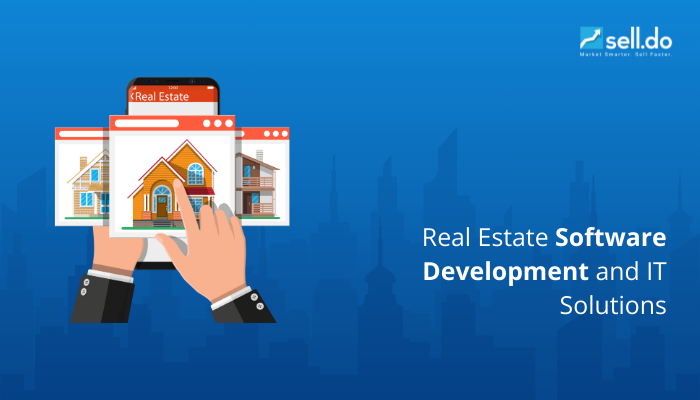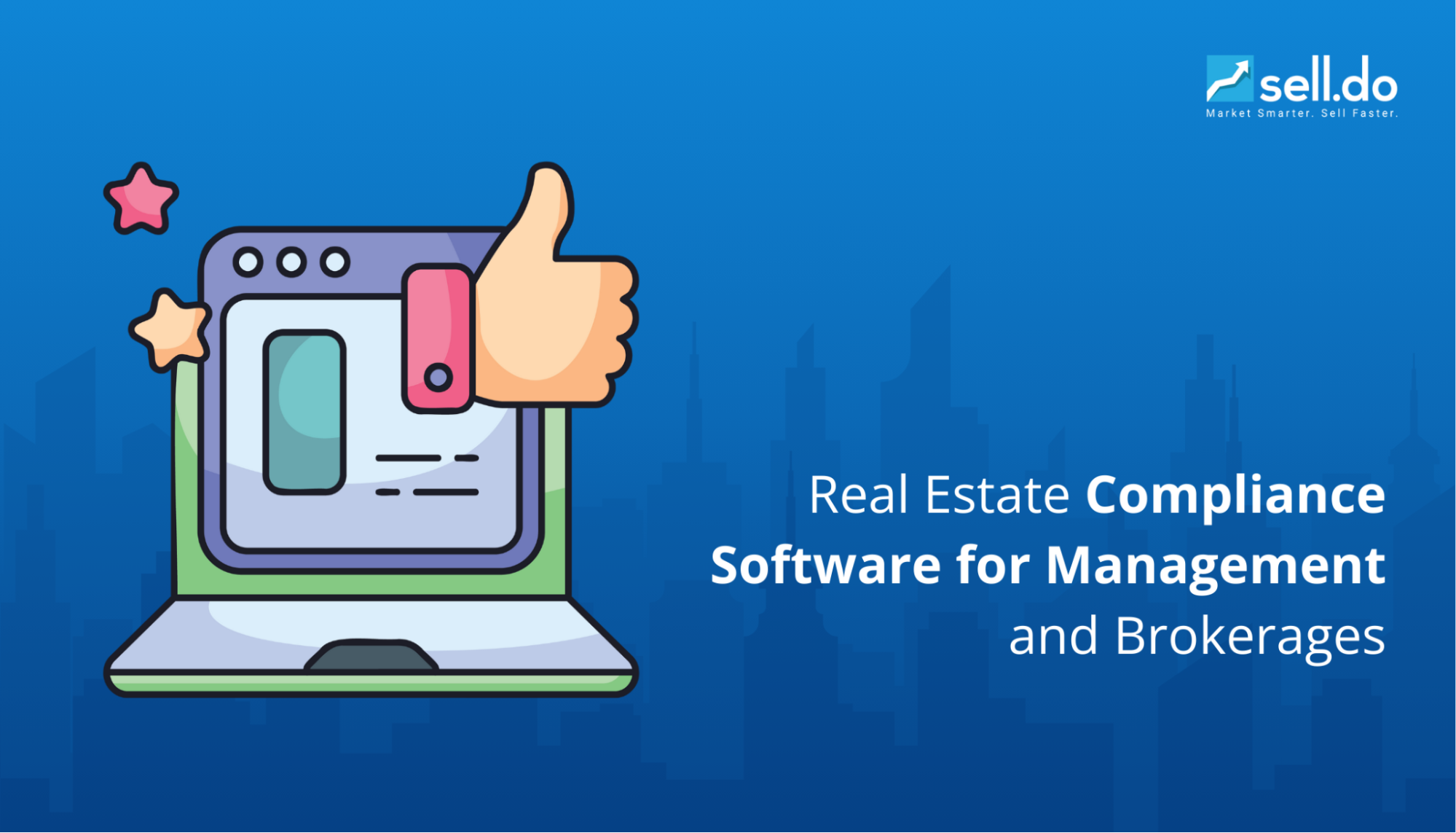Managing client relationships effectively is a constant challenge for businesses, especially when dealing with complex sales cycles and multiple decision-makers. Without a proper system, valuable data can get lost, follow-ups can be missed, and opportunities can slip through the cracks. This is where a B2B CRM (Customer Relationship Management) system becomes essential.
Unlike B2C CRMs, which focus on individual customers, B2B CRMs are designed to handle longer, more intricate sales processes and cater to multiple stakeholders within organizations. By centralizing customer data, improving communication, and streamlining workflows, B2B CRMs empower businesses to build stronger, more personalized relationships with their clients and prospects.
In this guide, we’ll explore the benefits, features, and types of B2B CRMs and why they’re a game-changer for your business.
What is a B2B CRM?
A B2B CRM (Business-to-Business Customer Relationship Management) system is a tool designed to help companies manage and improve their relationships with other businesses. Unlike a B2C CRM, which focuses on individual consumers, a B2B CRM is tailored to track interactions, sales, and communications between businesses. It helps streamline processes, maintain detailed records, and build stronger partnerships by keeping all client information organized in one place.
To better understand how a B2B CRM can benefit your business, let’s first explore how it differs from a B2C CRM.
B2B Vs B2C CRM: What’s the difference?
While both B2B and B2C CRMs are designed to manage customer relationships, they cater to different business models and have distinct features. Here’s a quick look at how they compare:
| Aspect | B2B CRM | B2C CRM |
|---|---|---|
| Target Audience | Businesses (companies, organizations) | Individual consumers |
| Sales Cycle | Longer, often complex & multi-step | Shorter, quicker transactions |
| Relationship Focus | Long-term relationships & repeat business | One-time or transactional sales |
| Customization | Highly customizable for business needs | More standardized and automated |
| Data Complexity | Deals with more detailed & structured data | Simpler, often less detailed data |
| Communication Channels | Primarily email, calls, meetings | Email, social media, ads, SMS. |
| User Base | Fewer clients, but with a higher value per sale. | Larger customer base, lower value per sale |
| Support Needs | Account management, dedicated support | Self-service, general customer service |
We hope this table is helping you see how the focus shifts depending on whether you're dealing with businesses or individual consumers.
Next, let’s learn how a B2B CRM can specifically benefit your business.
Benefits of a B2B CRM
A B2B CRM system can transform the way your business interacts with clients, leading to stronger relationships and streamlined processes. Here are some key benefits:
- Improved Customer Relationships: CRM helps you understand client needs better, ensuring personalized communication and fostering long-term loyalty.
- Streamlined Communication: With all client data in one place, your team can communicate more efficiently, avoiding miscommunication and delays.
- Enhanced Data Management: A CRM centralizes customer information, making it easier to track interactions, sales, and key details across the business.
- Increased Sales Efficiency: By automating tasks and providing insights into customer behavior, CRM tools help your sales team close deals faster and more effectively.
- Better Collaboration Across Teams: A CRM ensures all departments are on the same page with customer information, leading to improved internal collaboration and a unified approach.
- Data-Driven Insights: With CRM analytics, businesses can track performance, identify trends, and make informed decisions to drive growth.
With a clear understanding of the benefits, let’s now explore the key features that make a B2B CRM an indispensable asset.

Sales and Inventory Management: Visibility, Benefits, and Techniques
Key Features of B2B CRM

A B2B CRM is a complete system designed to simplify complex sales processes and enhance customer management. Here are the key features that make it indispensable for businesses:
- Lead Management: CRMs help track leads from the moment they enter your system, allowing you to monitor their status, prioritize follow-ups, and ensure no opportunity falls through the cracks.
- Customer Segmentation: By organizing customers into groups based on factors like industry, location, or purchasing behavior, CRMs help you deliver more targeted and effective communications.
- Sales Pipeline Management: Visualizing the entire sales process becomes easier with a CRM, enabling teams to monitor deal progress, identify bottlenecks, and forecast revenue.
- Automation: Routine tasks like sending follow-up emails, scheduling appointments, and lead nurturing can be automated so that you can focus on strategic tasks.
- Reporting & Analytics: CRMs provide detailed reports and analytics on sales performance, customer behavior, and market trends to make data-driven decisions.
- Integration: Seamless integration with tools like email, marketing platforms, and ERP systems ensures all your business tools work together for better collaboration.
These features highlight how a B2B CRM can streamline operations and enhance your business relationships.

To choose the best CRM for your business, it's essential to understand the different types available.
Types of B2B CRMs
B2B CRMs are not one-size-fits-all; different types are designed to address specific business needs. Here's a breakdown of the most common types and their ideal use cases:
-
Operational CRM:
Focuses on automating day-to-day business processes like sales, marketing, and customer support. It’s ideal for businesses looking to streamline workflows, improve lead tracking, and enhance customer interactions. Industries like e-commerce, retail, and real estate often use operational CRMs.
-
Analytical CRM:
Specializes in collecting, analyzing, and interpreting customer data to provide actionable insights. This type of CRM helps businesses understand customer behavior, forecast trends, and make data-driven decisions. Analytical CRMs are widely used in industries like finance, healthcare, and technology.
-
Collaborative CRM:
Enhances communication and teamwork across departments, such as sales, marketing, and customer service. It ensures everyone has access to the same customer data for a unified approach. Collaborative CRMs are commonly used in industries with high-touch customer service, such as hospitality and telecommunications.
-
Strategic CRM:
Designed to align CRM practices with long-term business goals. It focuses on customer retention, loyalty programs, and building sustainable relationships. This type is valuable for industries like education, non-profits, and subscription-based services.
-
Specialized or Custom CRM:
Tailored solutions created to address niche requirements, such as project management in construction or property tracking in real estate. These CRMs cater to businesses that need industry-specific functionality.
Each type serves a unique purpose, helping businesses choose the CRM that best suits their goals and operations.
 Check our blog:
Check our blog:To help you get started, we have compiled a list of the best B2B CRM that can streamline your business processes and boost efficiency.
Top 5 B2B CRM Tools
Here’s a look at the top CRM solutions that stand out for their features, scalability, and ability to streamline your business operations.
-
Sell.Do - Best for Real Estate Businesses

Rating: 4.9/5
For real estate professionals looking to streamline operations and improve client relationships, Sell.Do is the ultimate CRM solution. Designed specifically for the real estate industry, Sell.Do offers a comprehensive suite of features that simplify lead management, enhance sales processes, and foster long-term client engagement.
Key Features of Sell.do
- Lead & Deal Management: Capture, organize, and track leads through every stage of the sales funnel.
- Automated Follow-ups: Stay on top of client interactions with automated reminders and scheduled communications.
- Personalized Communication: Tailor emails, SMS, and calls to individual client needs and preferences.
- Marketing Automation: Run targeted email and SMS campaigns and automate client outreach with ease.
- Real-Time Reporting & Analytics: Custom reports and dashboards provide actionable insights into lead activity, sales performance, and team productivity.
- Pipeline Visualization: Easily monitor the status of leads and deals, allowing you to focus on high-priority opportunities.
-
Zoho CRM - Best for Small Businesses

Rating: 4.1/5
Zoho CRM is a powerful and versatile B2B CRM tool designed to help businesses of all sizes manage customer relationships effectively. Known for its highly customizable interface and robust automation features, Zoho CRM allows companies to streamline sales processes, engage with customers more efficiently, and analyze performance in real-time.
Key Features of Zoho CRM:
- Advanced Workflow Automation: Automate repetitive tasks like assigning leads and follow-up reminders to save time and reduce human error.
- AI-Powered Sales Assistant: Zoho’s AI assistant, Zia, predicts sales trends, suggests actions, and enhances decision-making with data-driven insights.
- Customizable Dashboards & Reports: You can tailor dashboards to track key metrics, giving you a clear view of your sales pipeline and overall performance.
 You can also check our blog:
You can also check our blog: -
Monday CRM - Best for SaaS Businesses

Rating: 4.6/5
Monday CRM is a visually driven platform that prioritizes ease of use and collaboration, making it a top choice for teams. It simplifies the process of tracking leads, managing customer relationships, and executing sales tasks. This B2B CRM software integrates with various apps and offers unique visual workflows, making it particularly suitable for teams that need to manage complex projects while staying aligned on goals.
Key Features of Monday CRM:
- Customizable Workflows: Create visual workflows that suit your business process, from lead generation to project management.
- Team Collaboration Tools: Enhance team collaboration with tools like comment threads, file sharing, and real-time updates within the CRM.
- Integration with Popular Tools: It seamlessly integrates with apps like Google Workspace, Microsoft Teams, Slack, and many more to ensure smooth data flow across platforms.
-
Nutshell CRM - Best for Businesses in Consulting and Professional Services

Rating: 4.3/5
Nutshell CRM is a user-friendly B2B CRM tool that combines simple features with powerful automation, making it ideal for small to medium-sized businesses. With an intuitive interface, Nutshell allows sales teams to manage leads, contacts, and projects efficiently. Its strength lies in its robust reporting and pipeline management features, which give businesses a clear overview of their sales process and help optimize performance.
Key Features of Nutshell CRM:
- Sales Pipeline Management: Easily visualize and manage deals as they move through different stages of the sales process.
- Customizable Reporting: Create reports that fit your business needs, allowing for better analysis and performance tracking.
- Email Tracking & Automation: Automate follow-ups and track email interactions to ensure timely communication with prospects.
 Also check our blog:
Also check our blog: -
ClickUp CRM - Best for E-Commerce and Retail Businesses

Rating: 4.7/5
ClickUp CRM offers a customizable platform with powerful task management features, making it ideal for teams that need to track and manage client interactions alongside project and task workflows. This all-in-one solution is not just a CRM but also a project management tool, allowing teams to organize, track, and collaborate on both sales and operational tasks.
Key Features of ClickUp CRM:
- Task & Project Management Integration: Combine CRM features with task management, allowing teams to manage sales workflows alongside ongoing projects.
- Custom Views & Dashboards: You can tailor the platform to suit your needs by setting up custom views and dashboards to monitor client interactions and sales performance.
- Automated Workflow Features: Automate tasks like assigning leads, follow-up emails, and reminders to ensure consistency and reduce manual workload.
 With the help of Sell.Do, Casa Grand managed 70,000 interactions and received 400+ bookings.
With the help of Sell.Do, Casa Grand managed 70,000 interactions and received 400+ bookings.Last but not least, before you opt for a specific CRM software for your business, be sure to consider the pointers given below:
How to Choose the Right B2B CRM for Your Business?
Given the variety of options, it's crucial to thoroughly assess your needs and objectives before making a choice.
- Assess Your Needs: Before choosing a B2B CRM, consider what features are essential for your sales and marketing teams, the size of your customer base, and the type of interactions you want to track and optimize.
- Scalability: Your CRM should be able to grow with your business. Look for a solution that offers flexibility to add more users, integrate with other systems, and handle increased data volume as your business expands.
- User-Friendliness: The CRM should be easy for your team to use. A complex, hard-to-navigate system can lead to poor adoption rates, so prioritize user experience and a straightforward interface.
- Customization: Choose a CRM that allows you to customize fields, dashboards, and workflows to meet your specific needs without requiring extensive technical expertise.
- Integration Capabilities: A good CRM should seamlessly integrate with other tools you’re already using, such as email marketing platforms, accounting software, and customer support systems.
- Customer Support: Choose a CRM provider that offers dependable customer support via live chat, email, or phone, ensuring you can get help quickly when needed.
By evaluating these factors, you can select a CRM that aligns with your business goals and enhances your team's efficiency.

How to Generate Real Estate Leads: Strategies and Tips to Help You Get Started
Conclusion
Selecting the right B2B CRM can significantly improve your business operations, from streamlining processes to enhancing customer relationships. By assessing your specific needs and exploring the various types and features, you can select a CRM that enhances growth and boosts efficiency. With the right tool in place, your business will be better equipped to nurture valuable relationships and scale effectively.
Additionally, if you’re operating in the real estate niche, we recommend using Sell.Do to stay organized and manage your business efficiently. You can connect with us here for a demo and see Sell.Do in action.






Leave a comment
Comments (0)
Be the first one to comment.